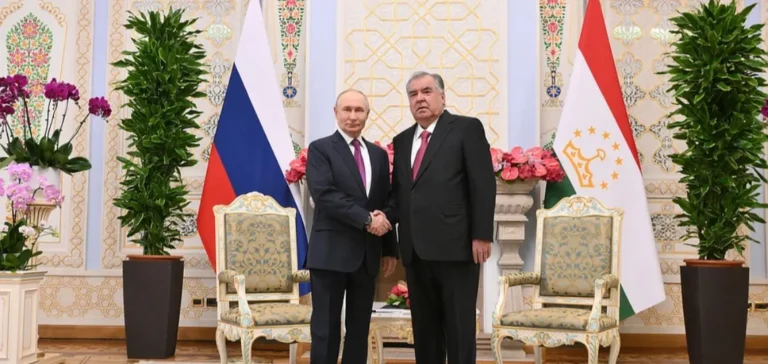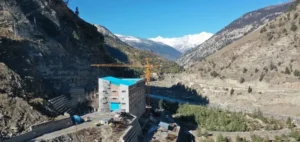Russia sees Tajikistan’s resources as a strategic lever to boost joint ventures, according to statements made by President Vladimir Putin following his official visit. He indicated that Tajik investments in Russian enterprises are increasing alongside the development of bilateral projects in key economic sectors, with priority given to hydropower, cotton, and mining operations.
Hydropower as a core energy partnership
The Russian president highlighted the importance of Tajikistan’s mountain rivers for electricity generation, describing the country as a strong cluster in this field. With its significant hydro potential, Tajikistan is an area of interest for Russia in securing regional energy supplies. This cooperation is expected to support the development of shared infrastructure while fostering local industrialisation.
Agricultural chains and cross-investment
Cotton, widely cultivated in Tajikistan, is among the resources considered strategic. This sector could support industrial partnerships in textile processing, with potential integration into Russian value chains. Vladimir Putin noted that Tajik investments continue to flow into Russian companies, fuelling a sustained pattern of economic exchange.
Mining cooperation to diversify resource access
The two countries are also cooperating in mineral extraction, another pillar of their economic partnership. This sector presents opportunities for establishing specialised joint ventures to exploit Tajikistan’s domestic deposits. Russia sees this collaboration as a response to strategic supply challenges related to raw materials.






















